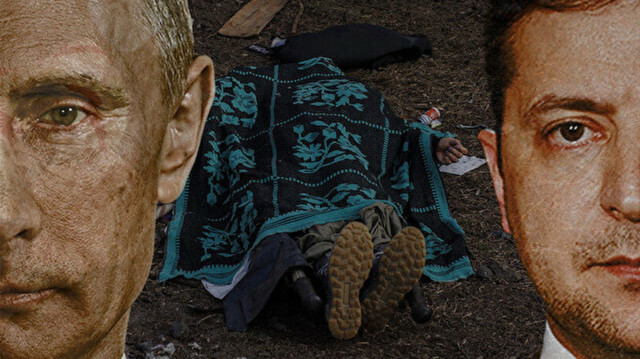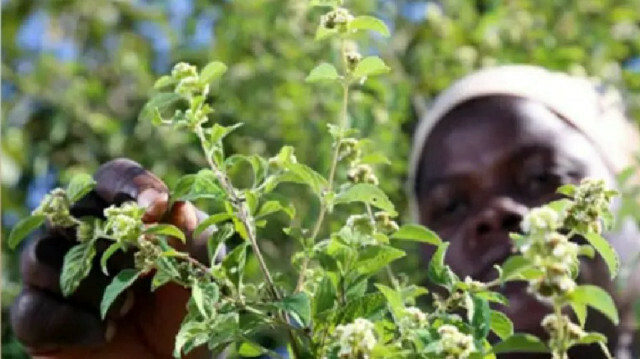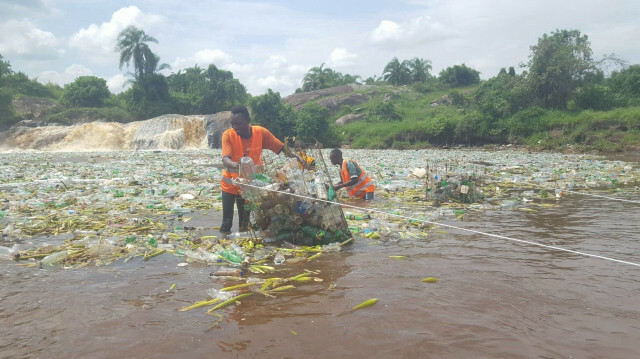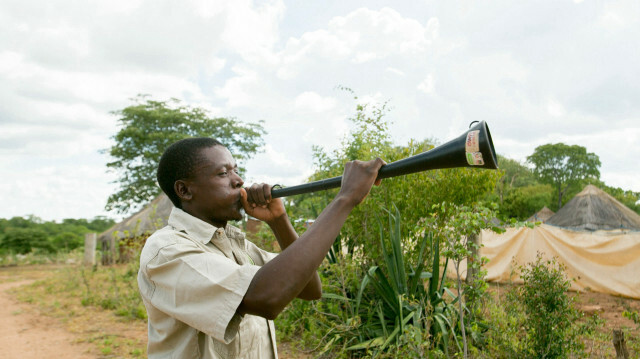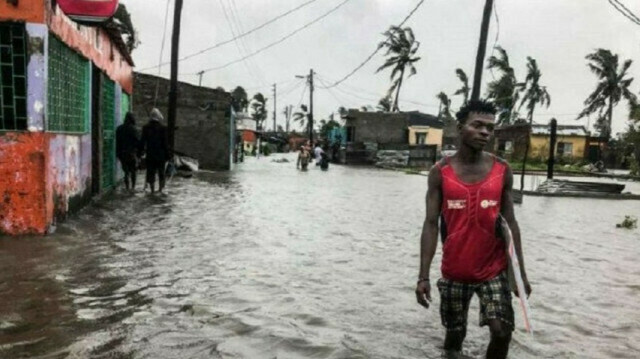The Graphic Truth: Who does China buy arms from & sell to?
March 17, 2022
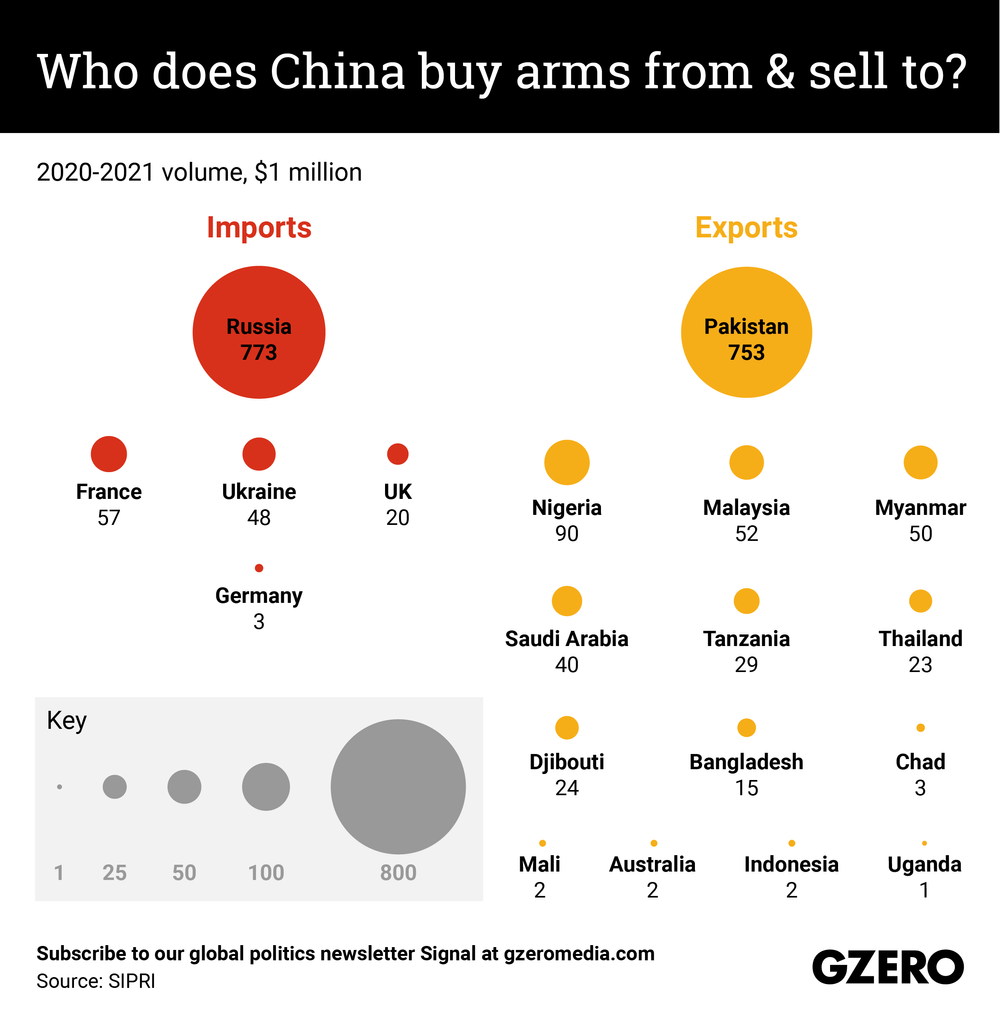
Paige Fusco
The US claimed earlier this week that Russia had asked China for weapons to fight in Ukraine. We still don’t know whether that was true or what came of the supposed request, but interestingly, China buys most of its arms from Russia and doesn’t sell any to Moscow. Here’s a look at Chinese weapons imports and exports.
SEE LA REVUE GAUCHE - Left Comment: Search results for PERMANENT ARMS ECONOMY

